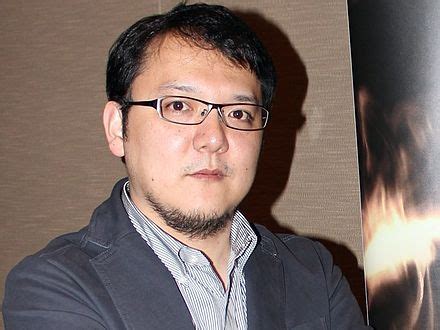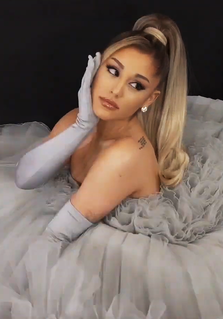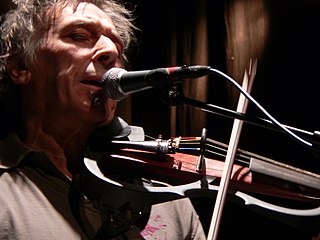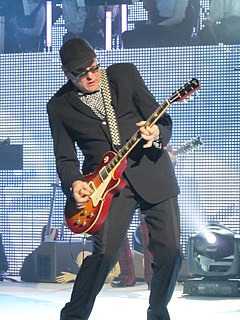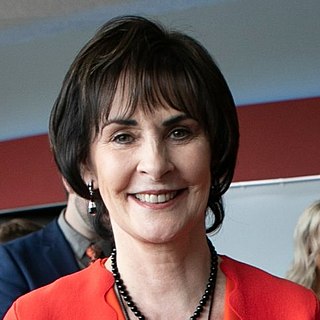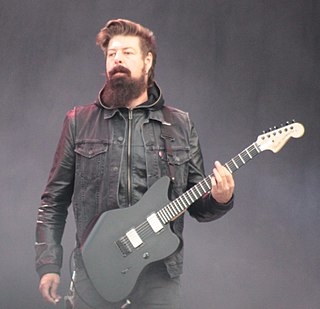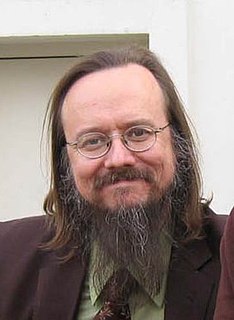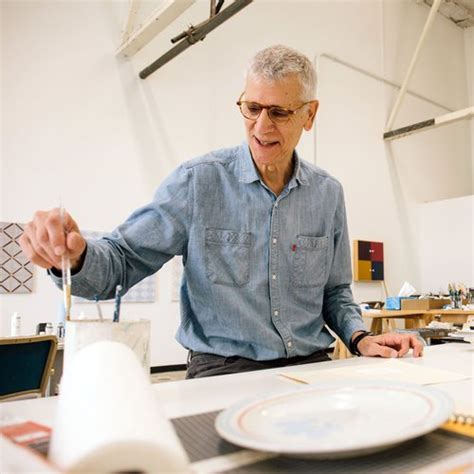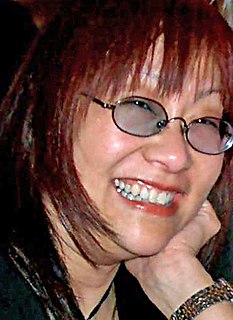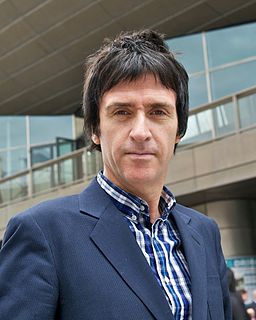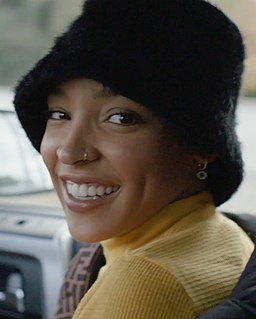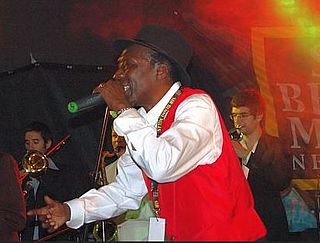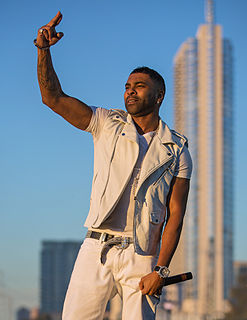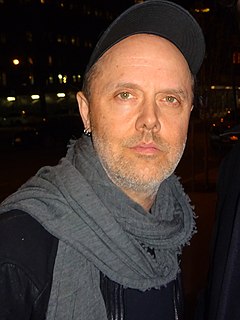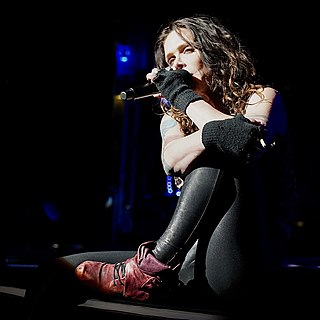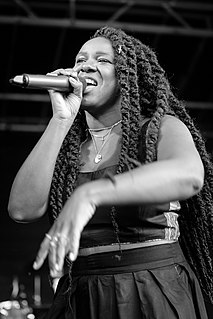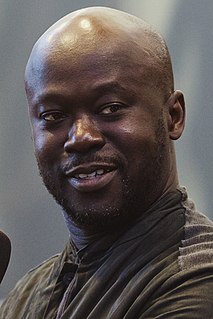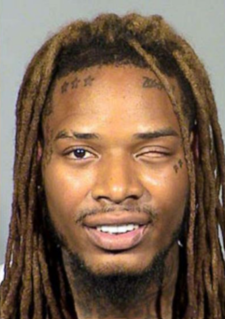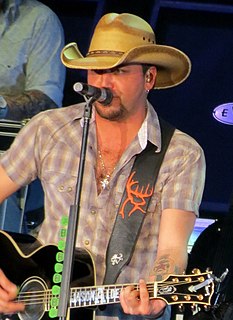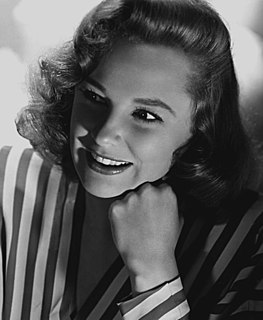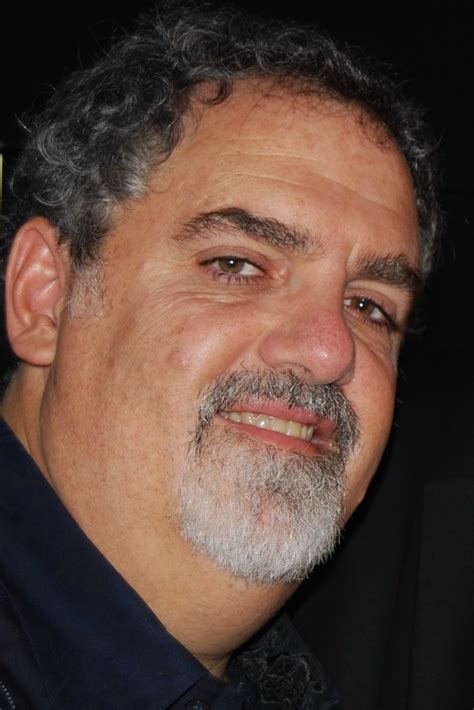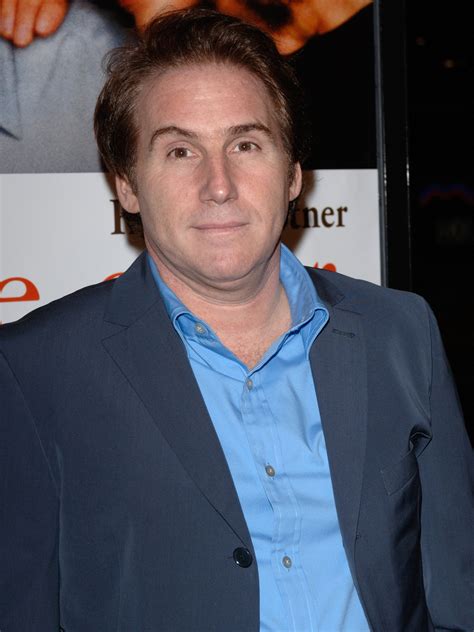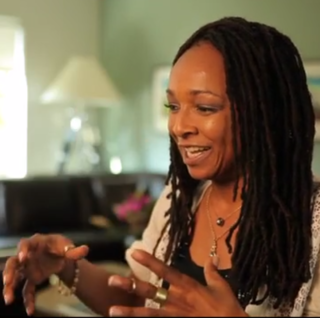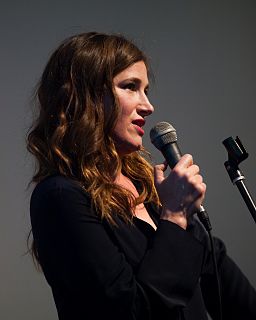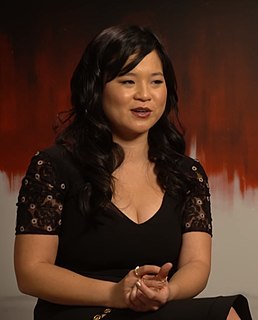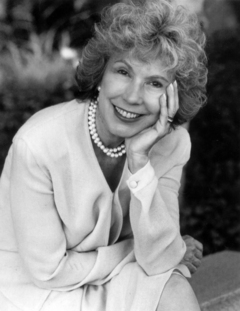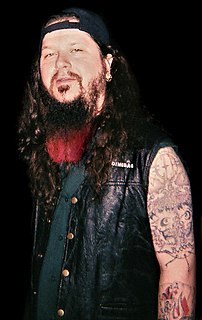Top 1200 Studio Quotes & Sayings - Page 4
Explore popular Studio quotes.
Last updated on April 20, 2025.
'Beyond the Lights' took incredible fight to get made. Four years of writing and two years of overcoming 'no.' Every studio balked. Twice. But I kept fighting. What gave me the courage was 'Love & Basketball.' Every studio turned down that film, too. But I never gave up because I believed in it with my whole heart and soul.
At 10 o'clock in the morning I'd go right in the studio. It feels good to be there in the morning before the day starts to mess with you - I don't mean in a negative way, but before I'd speak to a lot of people or get into anything, I'd go in there and just see what I felt. A lot happens in the morning for me in the studio.
I began working within the streets of Harlem, where, after graduating from Yale [University, New Haven, CT], I became the artist in residence at the Studio Museum in Harlem [New York, NY]. I wanted to know what that was about. I would actually pull people from off of the streets and ask them to come to my studio.
Tax rates aren't everything with regard to incentives to work. I would probably work at a 100% tax rate next to a nude modeling studio. I'm joking, but you know what I'm saying. There's a lot more to it than just tax rates. It's economics that I do; I don't do nude modeling studio economics. People do respond to taxes.
Oh. A bigger studio. It dawns on me, stupid me, that Henry could win the lottery at any time at all; that he has never bothered to do so because it's not normal; that he has decided to set aside his fanatical dedication to living like a normal person so I can have a studio big enough to roller-skate across; that I am being an ingrate. "Clare? Earth to Clare..." "Thank you," I say, too abruptly.
It never gets boring for me because there's so many different things to explore in the studio. The studio's become the sanctuary that people have come in and found new things out about themselves, as weird as that sounds. But it's true, I'm no different. I've made some crazy hard records, and I've made a jazz album.
I would never go to a studio. I need my space, you know what I mean? I need to be able to chain smoke and pace about, cry and like... spit. Just make noise, make a huge mess. I also feel like if I was concerned for the cost of the studio - like, 'this is costing 40 dollars an hour' - I wouldn't be able to work.
I write in the studio, I don't sit around with a piano or a guitar and write songs. I get satisfaction out of that because I can finish the song really quickly. I can use whatever momentum I have. I've got to put it down, develop it, and get it as far [as I can], because the excitement of the moment of when you get that idea - you want to try and hold it and build on it and really gain strength from it. Being in the studio and writing songs like that is really the best way.
European films had art. And it was easy to make a European film. They didn't come from the studio system, they weren't shot in sound studios, and that's a good thing, because in the studio system those movies would never have had a chance. And since we were coming from Europe, it was natural for us to use that simple style. Small budgets, less equipment, that was just how it was.
In my opinion, I would still like to go into a studio - because I love the environment of being in a studio - and record a great album beginning to end, but then maybe not release it as an album. Maybe put singles out there, put songs out there - either give some away or release some the traditional way.
Inspiration is the most valuable commodity for an artist; it is for me anyway. I can't move forward in any way if I don't feel a strong spark of excitement or creativity. Sometimes it is very difficult to get things flowing. It's important to be in a peaceful state of mind, and then I invite the spirits to come into the studio. I don't stare into a blank canvas or paper. I look through my various collections of books, toys, statues, photographs and other things, and something will trigger an idea. My studio is packed full of things that inspire me.
My life as a painter influences my teaching and my duties as president of CCA - and I hope some of the experience of working at an exciting art school also spills over into my studio work. I believe most artists are adept at juggling multiple responsibilities - whether it's work, teaching, caring for family members or attending to relationships - with their studio commitment.
One day, we were going to the studio for John's recording session, and as we were leaving to get to the studio, in the elevator, all of a sudden, John leaned over and gave me a kiss. He said, 'I've been waiting to do this all day.' I said, 'What are you talking about?' What happened was, he'd liked me.
I suppose in some ways that's why my collaborations worked out, because I would go in the studio with such enthusiasm and it would never be a chore for me. I was never itching for the process to be done so we could get out live. It's a different matter for me now. Now I've noticed that I actually have one eye or one ear on how I'm going to do it on stage. And maybe that's because I'm the frontman in the group; I do believe that any good frontman should be impatient in the studio to get out.
I had just finished reading The Day of the Locust when this piece was brought to my attention, and I was like, "How do you create art in the system, the way it is?" Looking around the studio film landscape, there are all of these great superhero movies, which is fantastic, especially for my kids, but it's hard to find real art house films in the studio system, these days.
Just by default, because I don't have kids on my bus, I'm putting the studio on my bus. Where everybody else is doing their cribs on their bus, I'll have a little studio, so I'm going to invite my bandmates, on days off, to come and keep writing so we can continue the creative process and keep it going through the tour.
I feel my fuller-bodied characters are all in the independent films I do, and in the studio productions, I have to work harder to dimensionalize the characters. And that's certainly part of the job description of an actor - that's what you're supposed to do - but you have to work harder at it in the characters that I've encountered in studio films.
I was off the scene for a while during the ska period and when I returned and joined the Treasure Isle studio, I came there with a different mood. The musicians picked up on that and we kept on going in that direction. The music became slower, which gave the bass player the time to play more notes. In 1965 I named it rocksteady. The first rocksteady song was 'Girl I've Got A Date'. That one was still a bit up-tempo, leaning towards ska. It turned the tide and made Treasure Isle the number one studio.
Everything has changed since I started recording in 1972. But the very things that have opened this industry, like the digital platforms to reach more people, have also killed things that were happening before in the recording studio. Now, most of the time, there are no real musicians in the studio; it's people with sequencers and things.
I know I wasn't allowed to go to fashion school; I can't cut a dress like Galliano, right? But I had enough wherewithal to go to that studio on my first collection and bring Kim, [stylist] Christine Centenera, Ian Connor, Theophilus London, Virgil Abloh...they all came down to [Vetements/Balenciaga designer] Demna Gvasalia's studio that night and hung out.
I have the barn, it's just kind of like a studio. Almost all artists have la studio to work in, and that's really what it is. A place to get away. I'll spend maybe four days out there if I can, just completely immersed - like where I don't bathe or brush my teeth for a few days, just get up and make coffee and experiment until the sun goes down.
Charles Laughton, who's a great hero of mine, only ever made one film and it happens to be one of the great films ever, which is 'The Night of the Hunter.' It's full of his kind of imagination and creation and how you do things and just in the way he used the studio, I just thought it was a fantastical way of using the studio.
Back then, I was really into composing the entire solo, beginning to end. I wanted to have it at least 80 to 90 percent complete before going into the studio. I didn't improvise in the studio. I was young, and I didn't really have the development in my playing or the ability to show up with nothing and then put down 500 ideas. I can do that now because I'm so much more of a musician now.
Performing is really close to being in studio but performing takes over because being in the studio is two things; the first thing is that it is really beautiful to improvise and jam, but afterwards it becomes hard because it's very rare that a song will come together quickly. Most of the time it's back and forth and trial and error. You start questioning whether the song is good or not. So that can be quite tough.
The museum in D.C. is really a narrative museum - the nature of a people and how you represent that story. Whereas the Studio Museum is really a contemporary art museum that happens to be about the diaspora and a particular body of contemporary artists ignored by the mainstream. The Studio Museum has championed that and brought into the mainstream. So the museums are like brothers, but different.
Can't nobody do what Fetty Wap does. So when I go to the studio, it may be four to five hours max, probably three days out the week. I used to go to the studio for 10 to 15 hours, and I would do five to 10 songs. Now I go for four to five hours and I do, like, 15 to 20 songs. I'm an ad lib guy. Most people know me for my ad libs.
All I've learned is that you need the studio system sometimes, if your budget is a certain size, and other films you can do independently. When I think of a studio, I generally think of distribution. Since I'm a director, I have a similar creative experience on every film I do, because I can control that. But then it's a different film, I think, as it reaches the public, depending on the way it's marketed. I don't know. I haven't learned much of anything. Sometimes you need them, sometimes you don't. Sometimes they want you, most of the time they don't.
I didn't want my records to sound like anybody else, and when I've got my guys in the studio, I have a language with those guys because we work together every day. A lot of times, you bring in outside guys, studio players, whatever, and they're great musicians. It's just that they don't necessarily play the way I want it to be played.
The only parental authority I had was the studio. When I was a star, there was always somebody with me, to guard me. I was not allowed to be photographed with a cigarette, a drink, a cup of coffee or even a glass of water because someone might think it was liquor. When I left the studio I was already married and had two children, but I felt as sad as a child leaving home for the first time.
I had no idea about where I was going. I had no sense of art as anything other than a problem to be fixed, you know, an itch to be scratched. I was in that studio trying my best to feel content with myself. I had, like, a stipend. I had a place to sleep. I had a studio to work in. I had nothing else to think about, you know. And that's - that was a huge luxury in New York City.
The only recording studio was in Motown - it was called Tamla/Motown at that time and we used to audition there because Smokey Robinson was at that studio and Berry Gordy was the president. I remember asking Smokey to listen to my group and he did. For the first couple of years we were just singing background. We used to back up Marvin Gaye; Mary Wells was there then, Marv Johnson, the Marvelettes, Martha Reeves and the Vandellas, Junior Walker and the All-Stars.
One gets the impression that Elvis Presley does what his business advisors think will be most profitable. My advice to them: Put Elvis Presley in the studio with a bunch of good, contemporary rockers, lock the studio up, and tell him he can't come out until he's done made an album that rocks from beginning to end.
In another time, another world, each studio made 200 movies a year and had 20 executives. Today, a studio makes less than 20 movies a year and has 500 executives. They own too many parking decks and too many billboard companies. They're awash in overhead, and it's pinning them down, and they know it.
We with Michael Jackson were in the studio recording some work on "Man in the Mirror" or the duet. I can't remember which it was. We did the duet in three languages: English, French and Spanish. So, I spent like a week with him in the studio doing the three songs in different languages. It was just an awesome experience recording with him.
When I'm driving past the place I used to work, or when I'm driving past the comedy studio where I used to take photos in exchange for classes, or when I'm driving past the yoga studio I used to clean on the weekends - it's not that far removed from me yet. I get very sentimental over things like that.
I was amazed at how the life of a freelancer differed from running a remote studio for another company. I thought I knew what I was doing in 2004 when I left Eidos because I had run Ion Storm Austin, which was my own independent studio. I had run a business unit inside Origin, but being part of a startup is crazy.
Guy Picciotto had a really sound point: Live albums basically have bands playing songs that are available on studio records, and what example can you think of where the live album is better? What are the great live albums? I have live albums of bands, but I wouldn't listen to them for the most part. So we thought, instead of spending energy trying to puzzle out how to create a live record, let's just write another studio record.
The local dudes who knew that my dad owned a studio would say, 'Ahh, dude is spoiled,' and this and that. But we didn't abuse it at all. I'd always ask if we could use the studio first, and if our dad didn't want us there he would tell us, and that was that. But I definitely tried to get down there as often as I could.


